
The date is set, you have planned to go to Japan. From gastronomy to landscapes and culture, a change of scenery is guaranteed. Everything is ready for your departure, but there is still a problem, the language…
If you’re planning on going to places further afield than the main island (like Shikoku or Kyūshū), it’s helpful to know a few polite phrases and formulas to help you get by. The Japanese particularly appreciate tourists who make an effort to speak their language, so it’s up to you!
In this article you can discover and learn 60 Basic Japanese Phrases To Learn for Traveling:
Table of Contents
The Japanese babe
Japanese pronunciation can seem intimidating, but don’t panic! It’s all about practice, and you’ll just need a little practice to feel more comfortable.
Vowels, AIUEO
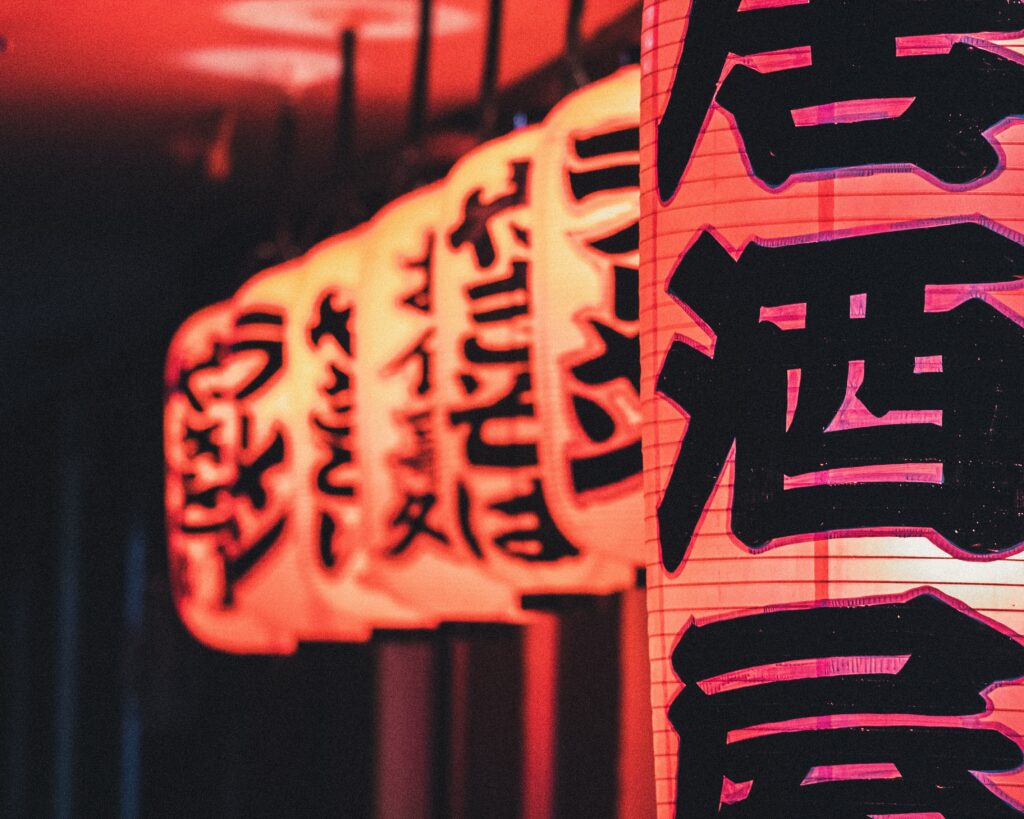
Photo credit: Shutterstock – ESB Professional
- The A , the I and the O are pronounced as in French.
- Contrary to what we often hear, the U has not pronounced OU , but rather halfway between the French U and the E (as in the pronunciation of “euh”). At the end of certain words like desu , the U can thus become completely silent.
- Le E if pronounced É .
- The stroke over a vowel (like ō) means that the vowel is doubled as if pronounced twice in a row. “ ō ” = “ oo ”.
Consonants

- Unlike French or English, consonants are never written alone. Each consonant is necessarily associated with one of the five vowels (the Y being halfway between the consonant and the vowel), except the N which can be alone.
- The R is pronounced halfway between the Spanish rolled R and the L.
- The H is aspirated as in English.
- The CH is pronounced like a light TCH .
- The J is pronounced like a light DJ .
- The S is pronounced like a Ç and the Z is pronounced Z (so we pronounce wassabi and not wazabi as we sometimes hear).
- A doubled consonant is slightly accented using a very short pause between the two letters (e.g. the two N’s in konnichi wa ).
Basics in Japanese

| English | Transcription |
|---|---|
| Good morning) | ohayō gozaimasu |
| Hello (during the day) | konnichiwa |
| Good evening | konbanwa |
| Goodbye (polite) | sayonara |
| See you | mata ato de |
| Goodbye (from English bye-bye, casual) | for fear |
| See you (casual) | Not me |
| Please | onegai shimasu |
| Thank you (polite) | arigato gozaimasu |
| Thank you (more casual) | arigato |
| It was nothing | do itashimashite |
| An all-purpose polite formula that can be used when introducing yourself to someone | yoroshiku onegai shimasu |
| What is your name ? | o namae wa nan desu ka? |
| My name is … | watashi no namae wa… desu |
| How are you doing ? | o genki desu ka? |
| I’m fine / I’m not fine | watashi wa genki/genki ja nai desu |
| Where are you from ? | doko kara kimashita? |
| I come from | kara kimashita |
| What nationality are you ? | nani jin desu ka? |
| I am | desu |
| Excuse me (to approach someone, or to apologize) | sumimasen |
| I’m sorry (to apologize for something more serious) | gomen nasai |
| It’s not serious | daijōbu desu |
| I don’t know, I don’t understand | wakarimasen |
Expressions for orientation
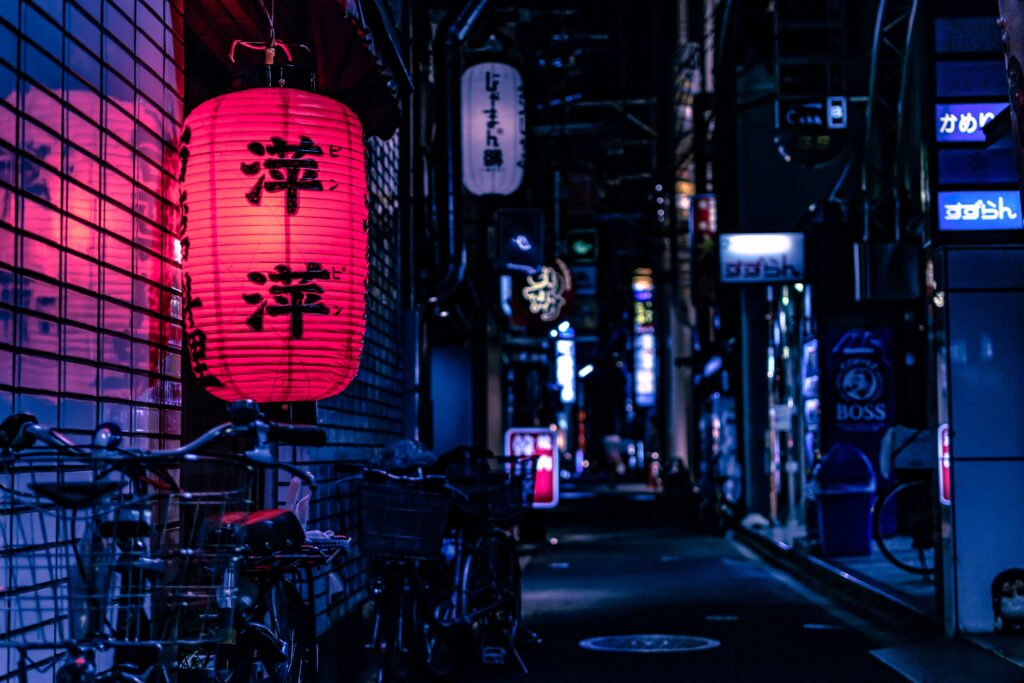
| English | Transcription |
|---|---|
| Where is the station ? | eki wa doko desu ka? |
| Where is the restroom ? | toire wa doko desu ka? |
| How do we get to…? | … made do yatte ikimasu ka? |
| I would like one / two / three / four tickets for … please. | … made no kippu wo hitotsu / futatsu / mittsu / yottsu kudasai |
| I have a JR pass | JR-Pass wo motte imasu |
| I would like to buy a Suika card | suika-kādo wo kaitai desu |
| What time is the last train? | shūden wa nan ji ni mairimasu ka |
| The Subway | metro |
| The bus | they don’t |
| Is there a taxi stand? | takushii noriba wa arimasu ka? |
| Where is the taxi stand? | takushii noriba wa doko desu ka? |
| I would like to go to … | … ni ikitai desu |
| How much does it cost to go to …? | …made wa ikura desu ka? |
| Right | cities |
| Left | hidari |
| Straight ahead | massugu |
| U-turn | U (pronounced in English, you ) tān |
| Before | there is |
| Behind | ushiro |
| Beside … | …no tonari |
| I’m lost | michi ni mayotta desu |
| Could you show me the way to …? | … made no ikikata wo oshiete kuremasu ka? |
| What time is it ? | ima nan ji desu ka? |
Expressions to understand and be understood
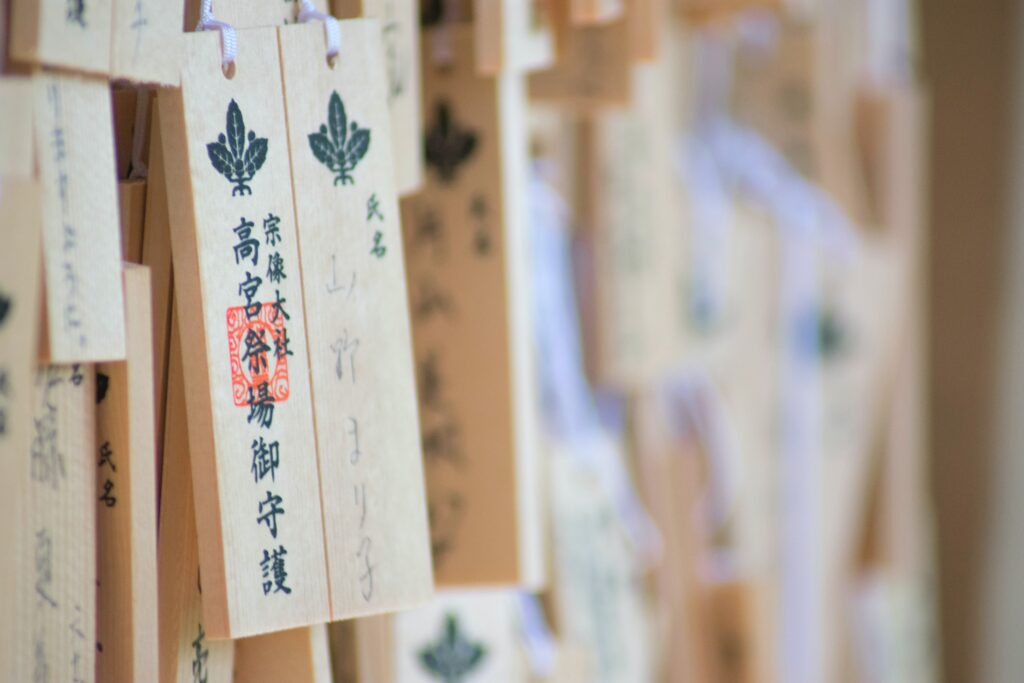
| English | Transcription |
|---|---|
| I did not understand very well | yoku wakarimasen deshita |
| Could you please repeat ? | mō ikkai itte kuremasu ka? |
| Would you speak slower, please ? | mō chotto yukkuri hanashite kuremasu ka? |
| Could you speak louder please? | motto ōki koe de hanashite kuremasu ka? |
| I only speak a little Japanese | nihongo wo chotto shika wakaranai desu |
| I don’t speak Japanese at all | nihongo wo zenzen wakaranai desu |
| Do you speak English? | eigo wo wakarimasu ka? |
| What does mean … ? | …wa dō iu imi desu ka? |
| What is this ? | kore wa nan desu ka? |
Useful expressions in the restaurants or shops
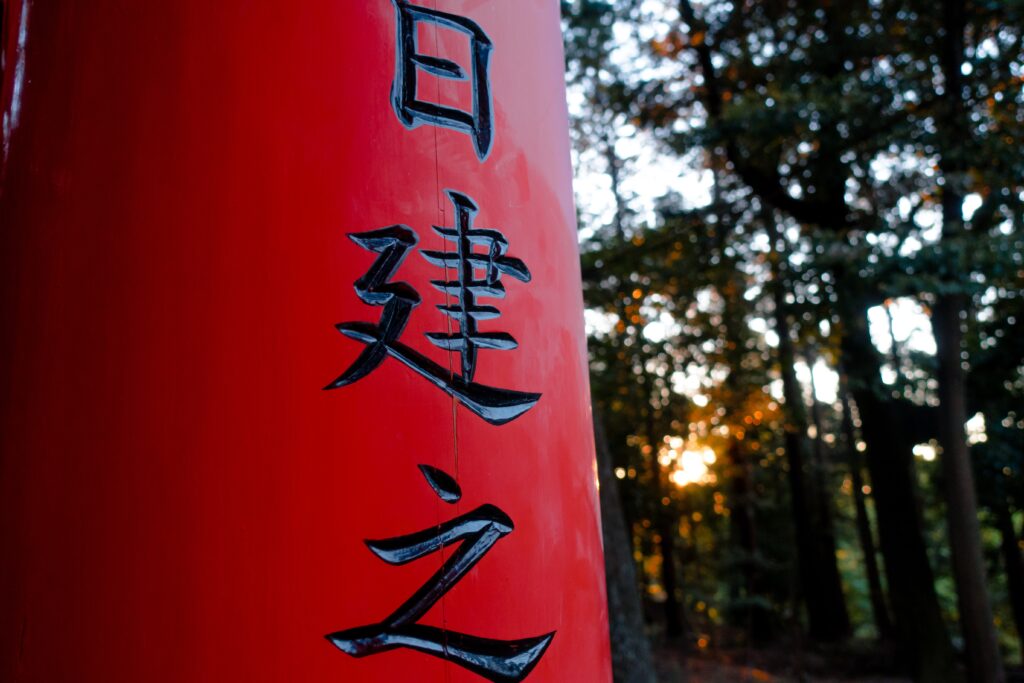
| English | Transcription |
|---|---|
| How much does it cost ? | kore wa ikura desu ka? |
| I would like to buy this | kore wo kaitai desu |
| We are two (to ask for a table) | futari desu |
| A beer/a glass of water please | bīru/mizu wo hitotsu kudasai |
| The check, please | o kaikei kudasai |
| A beer/a glass of water, please | kurejitto kādo wo tsukaemasu ka? |
| Is there a ticket machine? | ATM wa arimasu ka? |
A few more tips to help you
One of the golden rules in Japan is respect. Here are some tips to go unnoticed and not get noticed in the bad sense of the word.
- Never eat while walking in the street, even if it is only a small snack. This rule is also valid on the train, except the Shinkansen, which is the equivalent of the TGV;
- No smoking in the street: it is forbidden, except in places designated by signs. On the other hand, it is generally not forbidden to smoke in restaurants as well as bars;
- Avoid speaking loudly, especially on public transport;
- Do not tip when you go to a restaurant, it can be considered an insult;
- Pay attention to the Kabukichō district in Shinjuku which is known to be home to yakuza and trafficking.
How to improve in Japanese?
If learning a few expressions bit by bit can be very useful during a trip, it takes a little more to achieve mastery of a foreign language. Don’t panic, learning has nothing to do with your old-school memories! Here are some websites and apps to get you started practicing Japanese.
- NHK-World is an accessible and free way to learn fast
- Duolingo : to discover the different alphabets and the basics
- Renshuu– a highly engaging app with in-depth explanations of vocabulary, grammar, and kanji, plus customizable quizzes to test your progress. The app also offers fun learning games to test your skills, such as crosswords and Shiritori.
- FluentU– Authentic Japanese media clips transformed into language learning lessons.


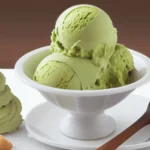

![16 Best Teahouses in Tokyo [2024] 4 Best Teahouses in Tokyo](https://tokyocandies.com/wp-content/uploads/2023/06/jason-leung-Z-hvocTfR_s-unsplash-150x150.jpg)
![10 Best Places To Eat In Tokyo [2024] 5 9 Absolutely Best Places To Eat In Tokyo 2023](https://tokyocandies.com/wp-content/uploads/2023/05/pexels-mirko-kuzmanovic-15519044-150x150.jpg)